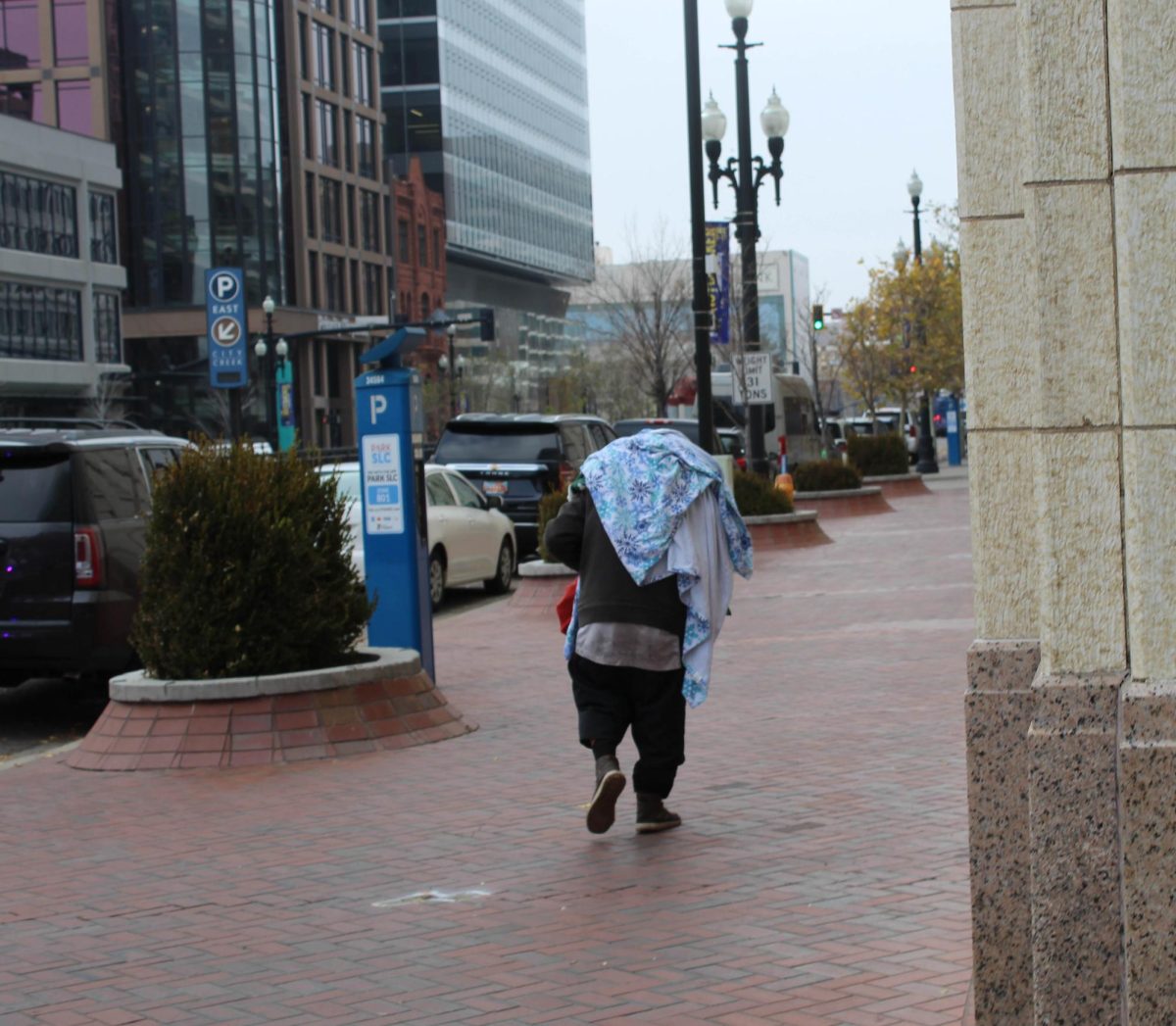For many workers, COVID-19 changed their way of life when they moved to remote work. Now, with a vaccine available, employers are asking their employees to come back to the office. However, many workers are choosing not to return.
Instead, many workers are quitting their old jobs and finding ones that are remote or provide better benefits to their personal lives. Other employees are quitting because they feel burnt out or that their companies don’t actually care about them.
This phenomenon has been dubbed “The Great Resignation.”

In an article written in June, NPR cited the U.S. Department of Labor’s statistics that a record 4 million people quit their jobs in April alone.
Employers are having a hard time finding employees to fill the newly empty positions. However, for recent and upcoming graduates, this shift could mean an easier time finding jobs in their chosen fields.
Ali Fresques is graduating from Weber State University in the spring and has a job as a mammographer lined up as soon as she graduates.
It would’ve been harder for Fresques to find an open mammography position if others hadn’t been quitting.
Fresques said healthcare workers are quitting due to being burnt out from the pandemic, new requirements for working or simply for retirement, leaving many open jobs.
Sarah Earnshaw has a similar story.
Earnshaw graduated from WSU in the summer and now produces the 4:30 a.m. show for KSL. Earnshaw explained that in the news world, many are quitting due to treatment of reporters throughout the pandemic and the riots that have taken place within the last two years.
She was connected with a producer and told them she was applying to entry-level jobs to get her up the ladder to a producing position. However, with so many people quitting, she got lucky.

“I didn’t even apply for this position,” Earnshaw said. “The next thing I know, like a week later, I get a phone call from one of the executive producers and he’s like, ‘I hear you’re looking for a producer job.’”
Earnshaw’s story may seem like a one-in-a-million chance, but it’s becoming more common these days.
Employers in healthcare and news are struggling to find applicants to fill the positions left open. Having college graduates fresh and ready to work helps fill those positions.
However, this also means employers are losing workers with more experience while the new college graduates get thrown into the deep end of their job before they have acquired the skills and experience required.
Earnshaw said she struggled at first and that she had to learn quick. She felt like she had skipped a grade due to not knowing how everything ran.
While the job search has been easy and lucky for some, others — particularly those looking for remote work like customer service call centers — are encountering a competitive market.
After Cora Van Leeuwen got her associate degree from Utah State University, she was able to land a job in customer support. Finding the job was easy, but the hiring process was intense, with multiple rounds.
“It was very competitive,” Van Leeuwen said. “In my group there were nine of us hired and they had received about 1,000 applications for the positions.”
Because Van Leeuwen’s job is remote, more people applied. Remote work allows the freedom of working from anywhere and eliminates the worry of a commute, making it appealing to many.
Maren Maxfield, who is preparing to graduate from Brigham Young University next year, had a simultaneously easy and difficult time landing her job as a data analyst. For the first couple months of the search, she wasn’t getting any responses back from potential employers, but by the end of October, they were all finally reaching out.
Overall, the shift in the job market has opened up more opportunities for graduating students and is changing the face of the workforce.
“It’s an employee market, as opposed to an employer market, because there are so many opportunities,” Maxfield said.



















